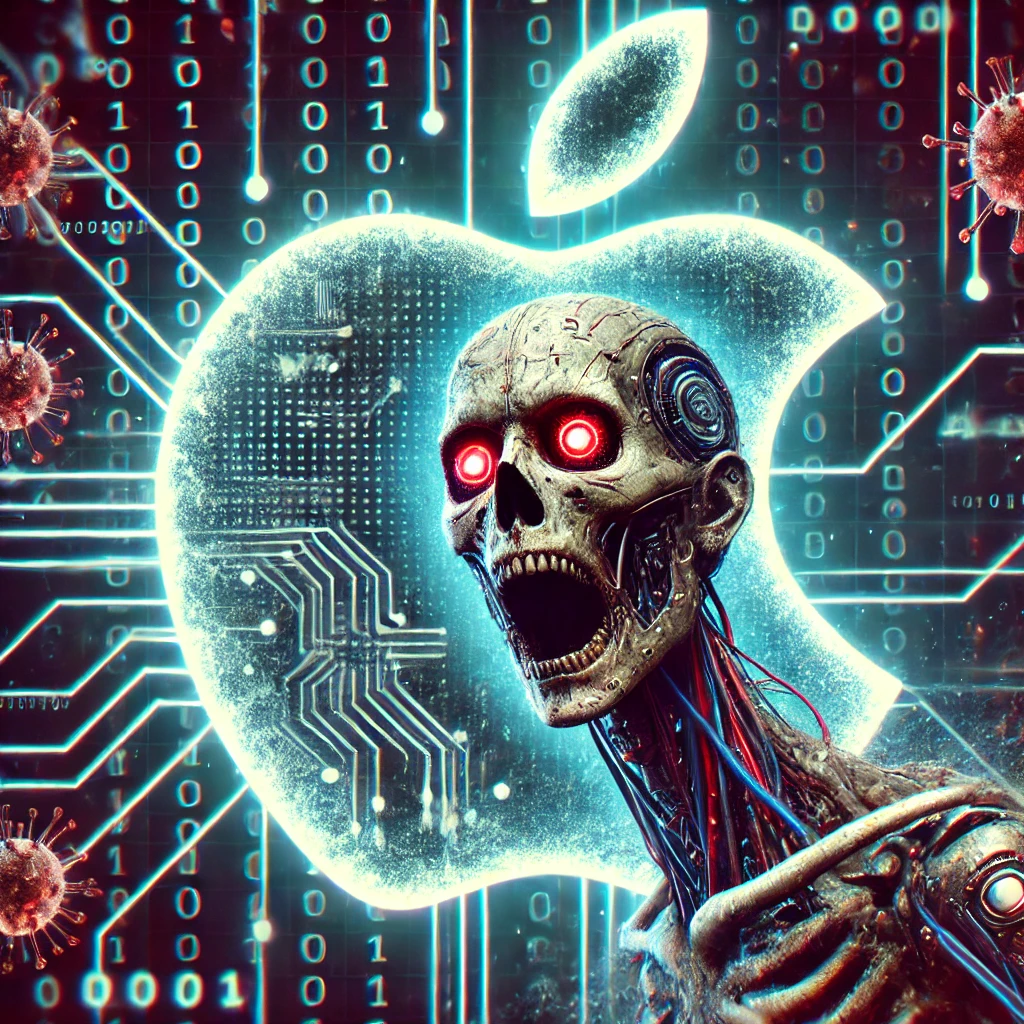Introduction
With the release of iOS 18, Apple has announced a controversial partnership with OpenAI to integrate ChatGPT into its operating system. This move has sparked significant debate about the potential risks to user privacy and data security. This article explores the concerns surrounding this integration and why it might be problematic for Apple users.
Privacy Concerns
Data Sensitivity and Misuse
OpenAI’s integration into iOS 18 means that sensitive user data, such as text inputs and personal preferences, could be processed by OpenAI’s AI models. Despite assurances of privacy protections, the broad data collection and processing capabilities raise significant concerns about potential misuse. This includes the risk of data being shared with third parties without explicit user consent.
Potential for Data Breaches
Allowing a third-party AI like OpenAI to access Apple’s ecosystem introduces additional vulnerabilities. Historically, data breaches have been costly, both financially and reputationally. For instance, the average cost of a data breach in the U.S. is around $10 million. Integrating OpenAI increases the attack surface, potentially making user data more susceptible to breaches (Yahoo).
Impact on Apple’s Brand Trust
Reputation for Privacy
Apple has built its brand on a foundation of strong privacy and security commitments. Integrating OpenAI could undermine this trust, particularly among privacy-conscious users. If user data were to be mishandled or exposed through this integration, it could lead to a significant erosion of Apple’s reputation for privacy protection.
User Consent and Transparency
One of the core principles of Apple’s privacy policy has been user consent and transparency. The integration of OpenAI needs to be accompanied by robust, clear user consent mechanisms. Without these, Apple risks backlash from its user base, which values control over their personal information.
Regulatory and Legal Implications
Compliance with Data Protection Laws
Data protection laws such as the GDPR in Europe and the CCPA in California impose strict regulations on data handling. Any mishandling of user data by OpenAI could result in significant legal repercussions for Apple, including hefty fines and legal challenges. Ensuring compliance with these diverse regulations adds another layer of complexity.
Ethical Considerations
User Autonomy
Allowing OpenAI access to personal data could infringe on user autonomy. Users should have the right to decide how their data is used and by whom. Strict controls over data access are necessary to respect user autonomy and privacy.
Trust in AI Systems
Building trust in AI systems involves ensuring they operate ethically and transparently. OpenAI’s integration into iOS 18, without stringent safeguards, could diminish public trust in AI technologies and Apple’s commitment to ethical practices.
Elon Musk’s Stance
Elon Musk, a vocal critic of AI integrations that compromise privacy, has expressed strong objections to Apple’s decision to integrate OpenAI into iOS 18. Musk has threatened to ban Apple devices from his companies, citing the integration as a significant security risk. He argues that Apple’s decision could lead to unprecedented access to user data by large corporations, potentially leading to privacy violations .
Conclusion
The integration of OpenAI’s technology into Apple’s iOS 18 brings forward advancements in AI capabilities but also significant concerns regarding data privacy and security. The potential risks to user privacy, brand trust, legal compliance, and ethical considerations far outweigh the benefits. Apple should reconsider its approach to integrating third-party AI to maintain its commitment to user privacy and data security.
